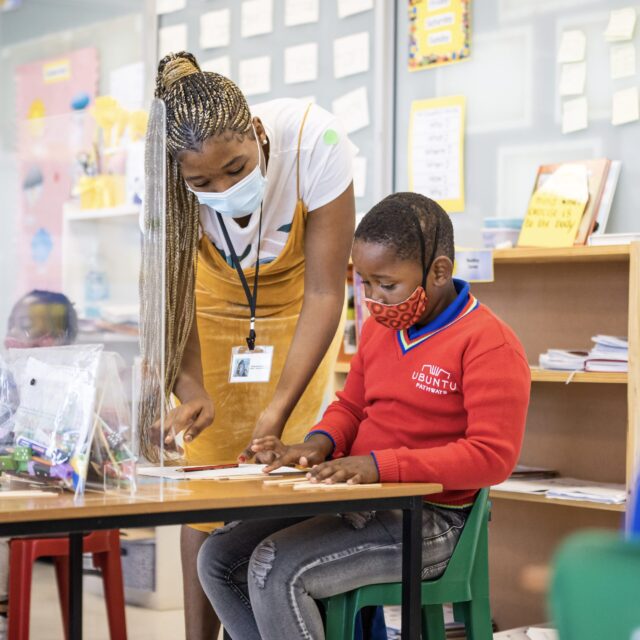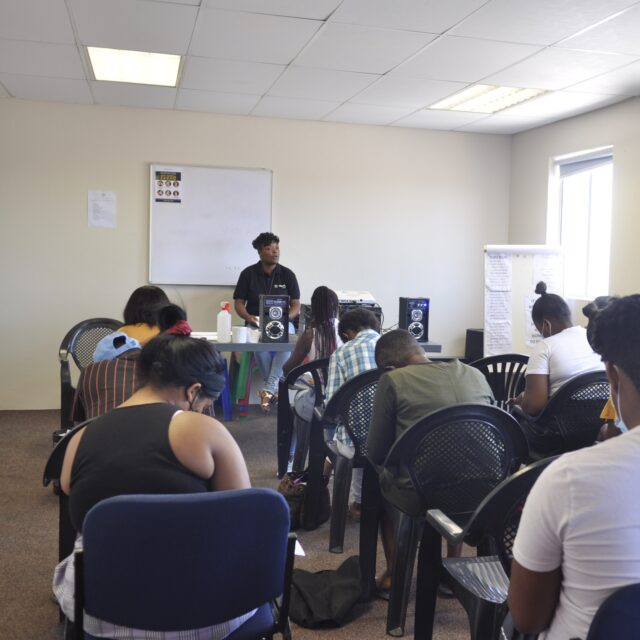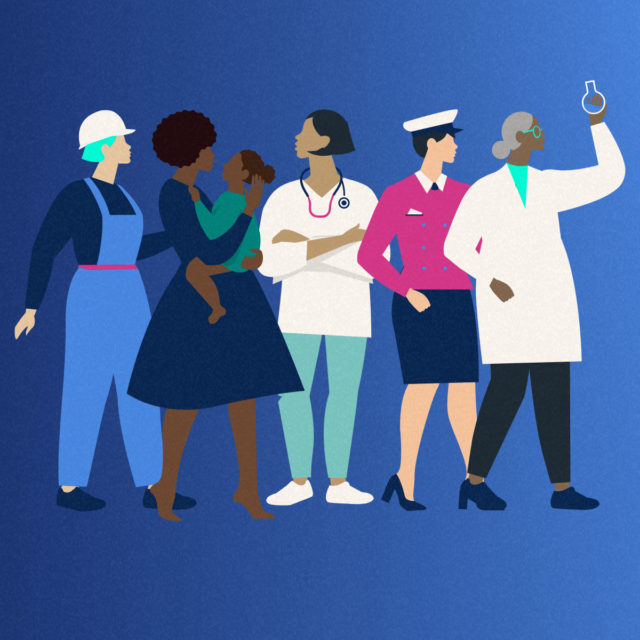In the South African townships of Gqeberha, communities confront challenges on their way to success. They encounter high unemployment rates, lack of access to quality education, and a high prevalence of HIV/AIDS. And these challenges are exacerbated due to COVID-19.
The Eastern Cape, the province home to Gqeberha, has the highest unemployment rate in South Africa, a staggering 47.1%. Unlike its Western Cape neighbor, the Eastern Cape is a rural region. It’s far behind in the country’s fight for equal access to education and jobs. Poverty and inequality affect every aspect of life in this region.
That’s where Ubuntu Pathways comes in. As a nonprofit organization, Ubuntu’s ethos is community transformation. They fight poverty by providing health, education, and social support to the community. Their focus is on the depth of impact of serving the community of 400,000, especially during the pandemic.
Here’s a closer look at how.
From cradle to career
Ubuntu Pathways works with children and youth in Gqeberha from cradle to career. They commit to a lifetime of positive change. The name Ubuntu Pathways comes from the idea of creating “a pathway out of poverty that guides children from their first steps to their first jobs.”
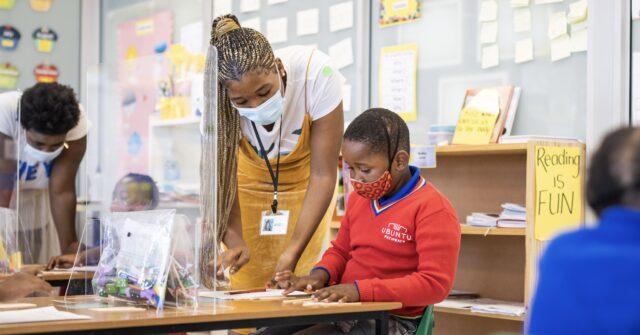
Photo courtesy of Ubuntu Pathways.
Ubuntu’s work begins before birth. Expectant mothers receive checkups, ultrasounds, medication, and medication to prevent HIV transmission. After birth, social workers check on new mothers and deliver newborn supplies. Eventually, their children join Ubuntu’s pre-school classes, the next step in their journey.
With 236 students enrolled, Ubuntu’s school begins at early development and runs through the 5th grade, with a new class added each year. But the organization continues to work with students and local youth far beyond that. Their state-of-the-art headquarters brings classrooms, an after school programme, a camp during school breaks, HIV treatments, a pediatric clinic, a rooftop garden, computer labs, a community theater, a new primary school, and a vocational training center to Gqeberha’s townships.
Beyond their primary school, the organization also has caseworkers to support families beyond school. They also provide local youth with job skills training opportunities to help secure a brighter future. Ziyanda Ndyoko leads the Ubuntu Pathways’ job skills training programme. The program prepares young, unemployed youth to “be ready for the world of work.”
They train candidates through workshops in essential skills. They learn interview techniques, financial literacy, communication, and resilience. Currently, Ubuntu Pathways partners with 73 businesses to employ local youth.
But Ubuntu had to find a different approach to support the community during COVID-19.
Pivoting for a pandemic
“The [COVID-19] crisis was so community wide, we had to expand, and we were working even more broadly across the community,” Travis Randall, Ubuntu’s director in the US, shared.
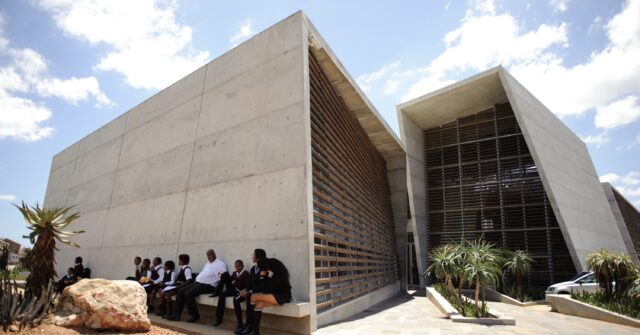
Photo courtesy of Ubuntu Pathways.
“We pivoted really quickly, and one of the first things we realized is people were going to go hungry within a matter of days or weeks,” Travis said. “There was not enough money in people’s savings, and our clients were vulnerable.”
By partnering with the Kolisi Foundation, Ubuntu Pathways was able to provide 30,000 people with monthly food packages.
But that wasn’t all. Ubuntu Pathways also spearheaded the efforts to vaccinate the local population.
“We helped launch one of the first vaccination sites in our area,” Travis said. “And we started a second one on our campus,” he added. “That was so essential to getting back to normal and to the health of our community.
Once they witnessed their success, South Africa’s Department of Health asked Ubuntu Pathways to run more vaccination sites across Gqeberha. To date, Ubuntu Pathways has run four vaccination sites in Gqeberha, and has administered 27,000 COVID-19 vaccines to the community.
“The education we give our community about COVID-19, about vaccines, it becomes critical,” Ziyanda, Ubuntu’s job skills training manager, said. That’s why Ubuntu Pathways created the “Spread Ubuntu, not the virus” campaign. It utilized South-African media to distribute COVID-19 safety information in both English and isiXhosa.
Beyond raising awareness
Programming pivoted, too, as Ubuntu’s job skills training and education programs changed.
“When the government lockdown mandated school closures, Ubuntu provided education resources along with the PPE and food deliveries to every child’s home and set up remote learning support groups for parents through WhatsApp,” Travis shared.
“We [previously] focused on entry level opportunities, mostly in the hospitality, retail, and automotive sector,” Ziyanda said regarding Ubuntu’s job skills program. “During COVID-19, unfortunately, almost all of our candidates’ jobs were put on hold.”
“[However,] this is a success story,” Ziyanda added. Since their job candidates were at home, they were able to check in on their candidates from vulnerable backgrounds, some living in homes with abuse or addiction who had lost income due to COVID-19.
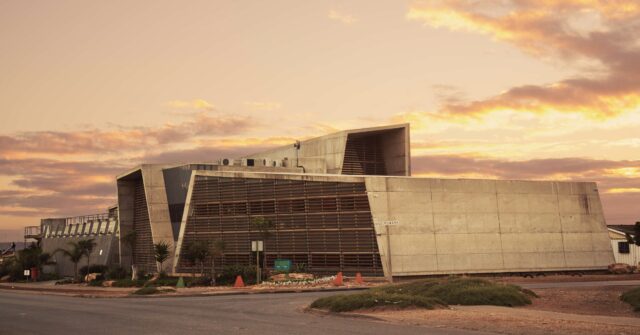
Photo courtesy of Ubuntu Pathways.
“We were able to bridge that gap,” Ziyanda explained. Ubuntu referred them to a job skills training programme case worker to provide psychosocial support. Since, they have provided 872 clients with socially distanced home visits and support. Over 300 training students are accessing remote psychosocial support and career guidance, and 100% of the 262 young people who lost their job placements during the pandemic secured jobs again.
“It’s really adapting; it’s not just a quick aid or a quick response,” Travis added.“It’s saying, ‘The world has changed. How can we take care of our community and take care of our staff?’”
Ubuntu is an African philosophy that means “I am because you are.” It’s what characterizes the work of Ubuntu Pathways during the pandemic and after as they work towards empowerment and equality in the community.
